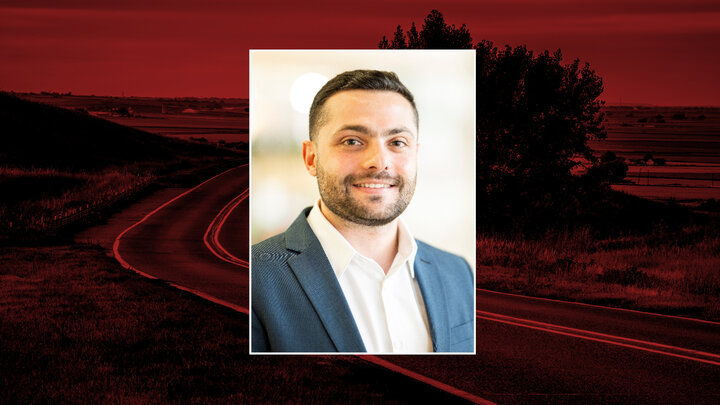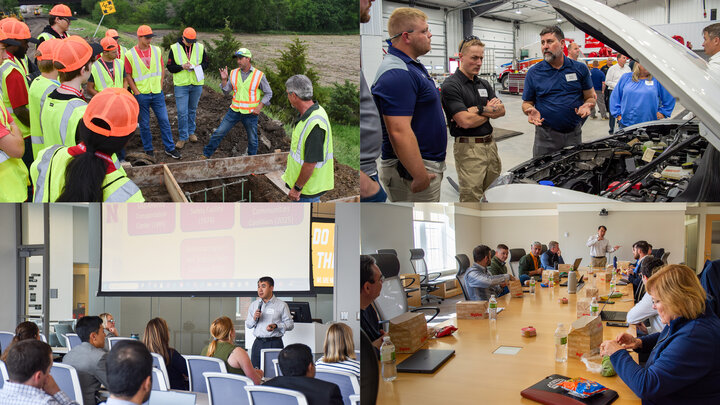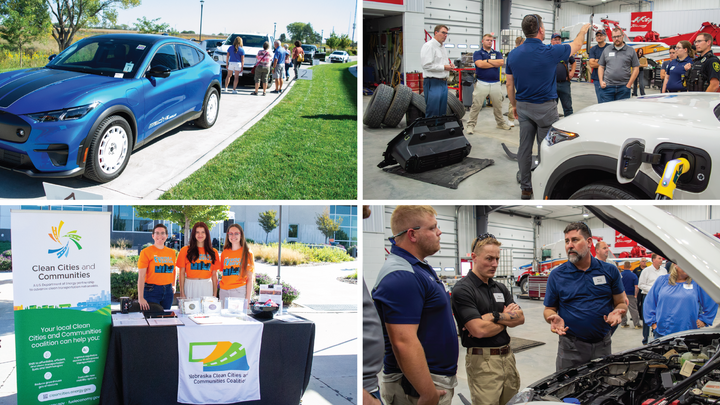Dr. Wissam Kontar is an incoming Assistant Professor in the Department of Civil and Environmental Engineering. He previously served as a postdoctoral research associate at the University of Wisconsin-Madison with specialties in transportation technology, autonomous driving, and sustainability. His thesis titled “Multi-class Automated Vehicles: Connecting Control Dynamics to Traffic Level Understanding and Enabling Strategic Decision-Making” covers the elements of developing and deploying automated vehicles (AVs) in the real-world by analyzing car following (CF) behavior of multi-class AVs and its implications on traffic dynamics and considering the use of real-time algorithms and frameworks capable of safeguarding the AV from real-world uncertainties in CF control. His published thesis can be found here.
A recent paper titled “Learning Driver Models for Automated Vehicles via Knowledge Sharing and Personalization” won the D. Grant Mickle Award, which is to be presented at the Transportation Research Board Annual Meeting in January. The paper describes a learning framework for driver models of automated vehicles (AVs) via knowledge sharing and personalization. It proposes a collaborative training approach that enables the sharing of knowledge among AVs while maintaining personalized models tailored to each vehicle’s unique conditions.
He introduced himself to the University in a September Transportation Engineering Seminar that explored the challenges of creating a new transportation environment that balances contrasting needs of its agents (humans, vehicles, infrastructure, and automation). The discussion covered themes of human-machine interactions, transportation data-driven learning under heterogeneity, environmental rebound effect of emerging mobility, and transportation management strategies.
At UNL, Dr. Kontar is in the process of procuring a fully outfitted autonomous vehicle for research and testing. The vehicle will be used to develop self-driving technology and test them I the real-world. The vehicle will also be assessed for safety criteria and be used to test autonomous ride-sharing platforms for university campuses.



